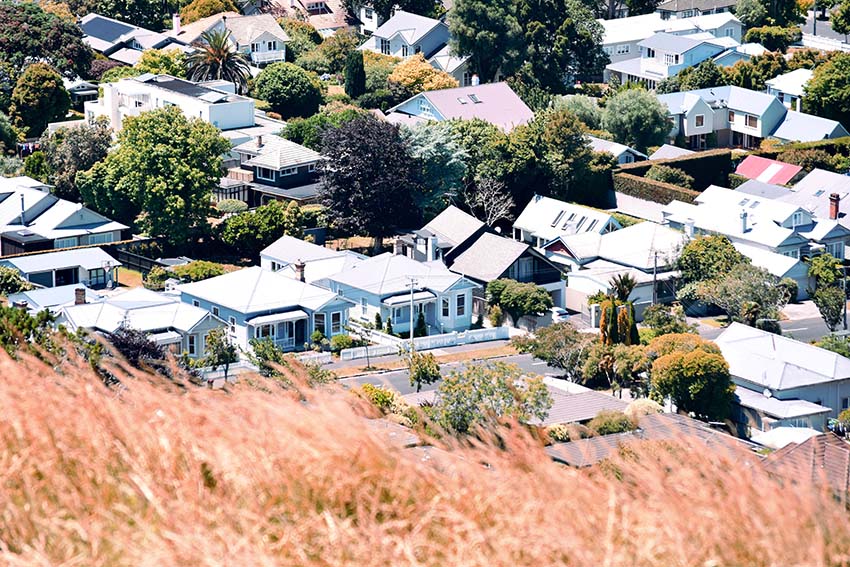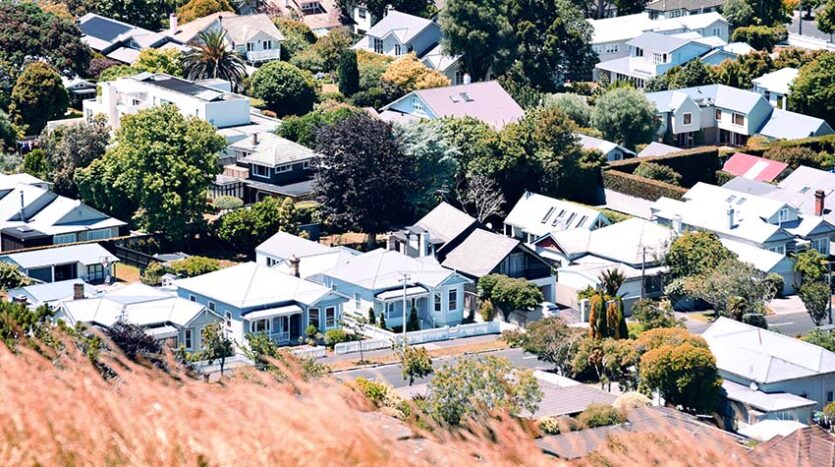Eligibility and property price restrictions for the New Zealand Government’s First Home Purchase Subsidy
In order to enable New Zealanders to own their own housing, the New Zealand government has introduced the “First-time Purchase Of Self-Housing Subsidy Policy” in previous years, including first-time self-occupied housing in major cities such as Auckland, Wellington, Tauranga, Hamilton, Christchurch and other major cities in New Zealand, if they meet certain qualifications, they can apply for subsidies from the New Zealand government.

To be eligible for the First Home Buyer Grant, applicants must:
- Over the past 12 months, single buyers’ annual pre-tax income needed to be less than $85,000, and their partner’s total annual income needed to be less than $130,000
- There are no properties in the name at the time of application
- Have been contributing at least a minimum percentage of contribution to kiwiSaver, their pension plan, for more than three consecutive years
- Live in a planned new home for at least six months
- Purchase a property that does not exceed the maximum price limit in the area where the purchase is made
In addition, the subsidy scheme limits the price of the “most expensive” property that the subsidized applicant can purchase, depending on the new and old property purchased by the applicant and the difference in the region, the upper limits are as follows:
- In Oakland or The Queenstown Lakes, purchase a second-hand home of no more than $600,000 or a new home of no more than $650,000
- Purchase a second-hand home with a minimum of $500,000 or a new home of no more than $550,000 in Hamilton, Tauranga, Bay West, CapitaLands, Polirua, Upper Hutt, Hutt, Wellington, Tasman, Nelson, Christchurch, Selvin
- Purchase a second-hand home of no more than $400,000 or a new home of no more than $450,000 in other parts of New Zealand

